The venerable Model 1911—winner of two world wars!—begat the 2011 to take on the upstart striker-fired pistols that new shooters so readily embraced. Essentially a 1911 that can accommodate a double-stack magazine and with or without a grip safety, 2011s have been winning converts by virtue of their triggers. Not one to let the grass grow under his feet, Bill Wilson, founder of Wilson Combat, has his company at the forefront of this relatively new style of pistol. His EDC X9 has itself entered its next generation as the EDC X9 2.0.
The X9 (and 2.0) is built on an aluminum frame, machined out of T6-7075 alloy, complete with the Wilson Combat X-Tac frontstrap and backstrap non-slip traction pattern. With his decades of experience building and using the original 1911, Bill Wilson machines (well, not personally) the frame rails to increase reliability, accuracy and long-term durability. Then, all the otherwise sharp edges are de-horned so there is nothing to abrade your hands or clothes when you carry or shoot the X9. The pistol, like all Wilson combat pistols (and rifles and shotguns) is a custom-order item, so you get the choice of having your X9 with or without a light rail, and many other options as well.
What makes the X9 2.0 the 2.0? Two things: the frame on the original was already trim, not fat for being a double-stack 9 mm. But, the Wilson Combat mavens redesigned the frame so it does not use the two-piece assembly of the original, and this meant changing to grip panels held on by screws, in the original 1911 style. This makes the EDC X9 2.0 even slimmer than the original, and the ability to swap grips means you can customize your 2.0 however you wish. Looking at it from the viewpoint of an engineer and gunsmith, the one-piece frame design should be even stronger than the super-tough original.
The Armor Tuff-blackened steel slide is also machined by Wilson Combat, and there the X9 2.0 gets a tri-top profile, complete with an X-Tac pattern for the cocking serrations. This is a set of crossed diagonal slots, with the result of their overlap creating small diamonds or lozenges, and they provide a secure non-slip grip, however you might retract the slide. The X9 2.0 uses an external extractor, and the barrel is a piece of machinist’s art. It has an integral feed ramp and there is a flare at the muzzle, so it locks to the slide without a bushing. The muzzle is cut flush to the slide and has a deep crown to protect the rifling. The chamber and barrel are fluted, which provides multiple advantages; it provides space for gunk to get out of the way, it also reduces friction and looks cool.
Enhanced with a fiber-optic pipe, the front post teams with a drift-adjustable, serrated, solid-black rear sight • Single-action triggers are typically better in comparison with striker-fired triggers, but the X9 2.0’s is next level • The bushingless barrel has a countersunk reverse crown at the muzzle to protect the rifling • Fibonacci-pattern grips and X-Tac texturing on the frontstrap and backstrap assure good purchase • All controls, including the hammer and thumb safety, actuate positively and cleanly • Barrel flutes increase surface area for cooling and give crud a place to go • The X9 2.0 comes with 15-round magazines or 18-rounders if you order your pistol equipped with a mag-well extension.
On top of the tri-top slide, there is an adjustable Battlesight sight at the rear, while the front is a fiber-optic pipe. In between, the slide’s top flat is machined with serrations at 30 lpi, and the rear face of the slide is cut with serrations at 40 lpi.
The X9 2.0 has both cosmetic and functional details attended to. The bottom edges of the slide are given an aggressive machine bevel so it cannot cut hands, holster or clothes. And the slide gets ball-end mill cuts, in the manner of the earliest 1911s. Model X9 magazines are as solid as a magazine can get and show Bill Wilson’s acumen. Rather than try to design his own 9 mm double-stack magazine, he found the already-existing base tube most-suited to his needs and had the magazine manufacturer modify it to fit the pistol he makes. If you order your X9 2.0 without the optional mag-well extension, they will be 15-round capacity. If you opt for the mag well (which will make the X9 2.0 just a bit taller) you get 18-round magazines. You can, of course, use the 18-round magazines in a pistol without the mag-well extension or for your reloads.
I tested it with a great variety of ammunition, including offerings from Wilson Combat. Accuracy, handling and reliability were all superb. How- ever, superb may not be a strong enough word to describe the excel- lence of the trigger. Yup, it broke like the proverbial glass rod.

The worksheet is a checklist of the details in the build, and the inspection and testing of them. The pistolsmiths involved in the building of your X9 2.0 each check off their names, and there is also a test-fire target showing the group size and the zero.
The typical gunwriter experience involves checking function, accuracy and build details, noting where something has fallen short, or been overlooked. Try as I might, I could find nothing wrong with the EDC X9 2.0. This may hurt my reputation in the writers’ group, because we are almost obligated to find something wrong. Today, that is just not the case, as Wilson Combat scores again. Yes, a base price north of $3,000 may seem a bit much, but this is a pistol meant to last you for the rest of your life, and then to leave in your will to your heirs.


Read the full article here

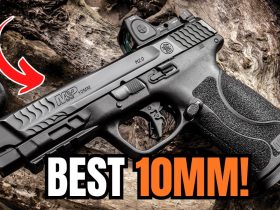
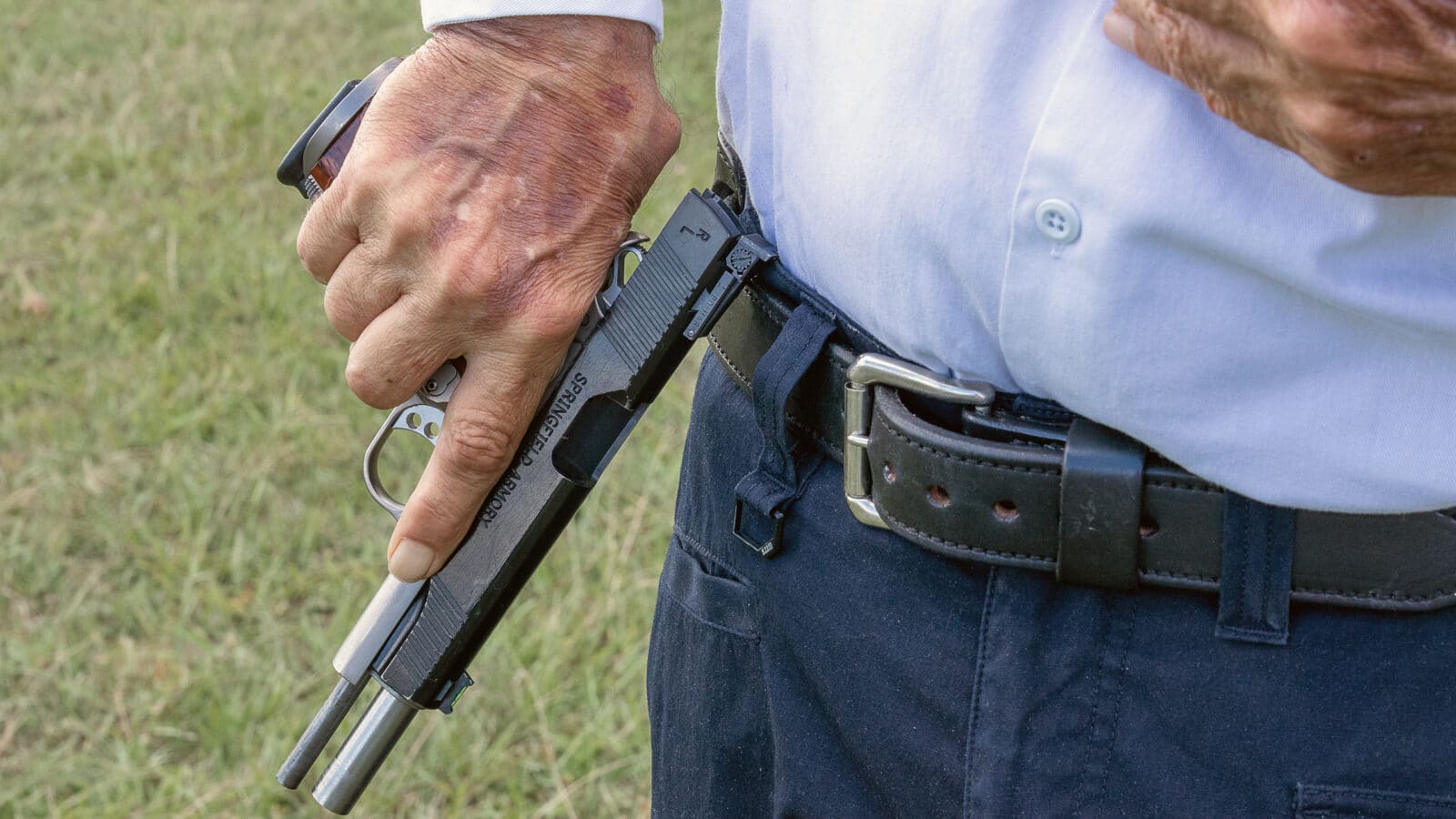









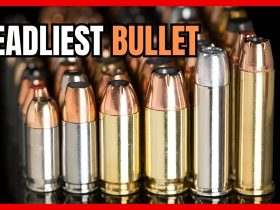
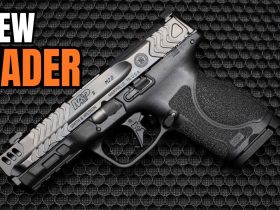

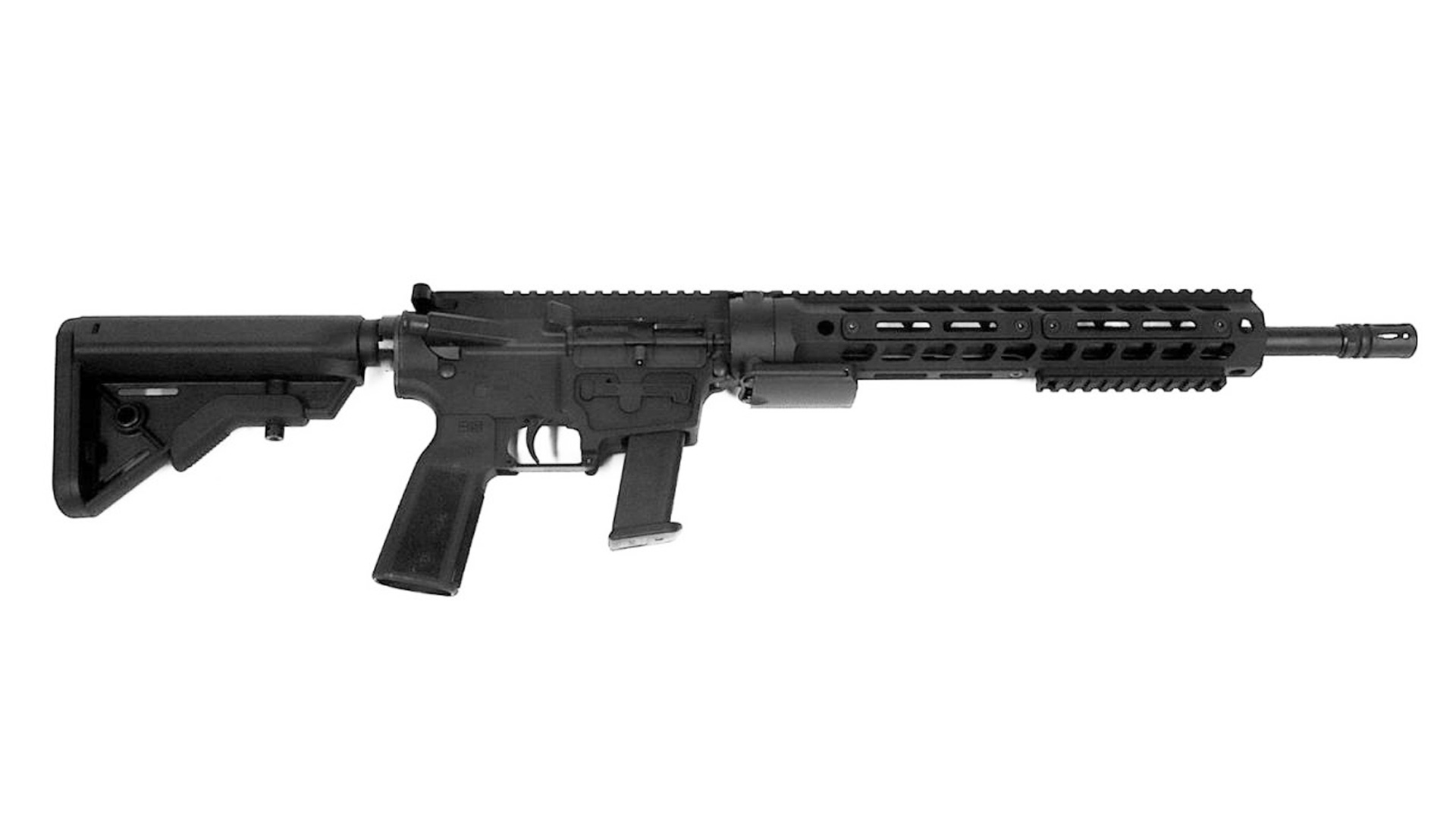
![Walther PDP Pro-X [HANDS-ON REVIEW] Walther PDP Pro-X [HANDS-ON REVIEW]](https://www.recoilweb.com/wp-content/uploads/2025/01/Walther-PDP-Pro-X-18.jpg)

Leave a Reply